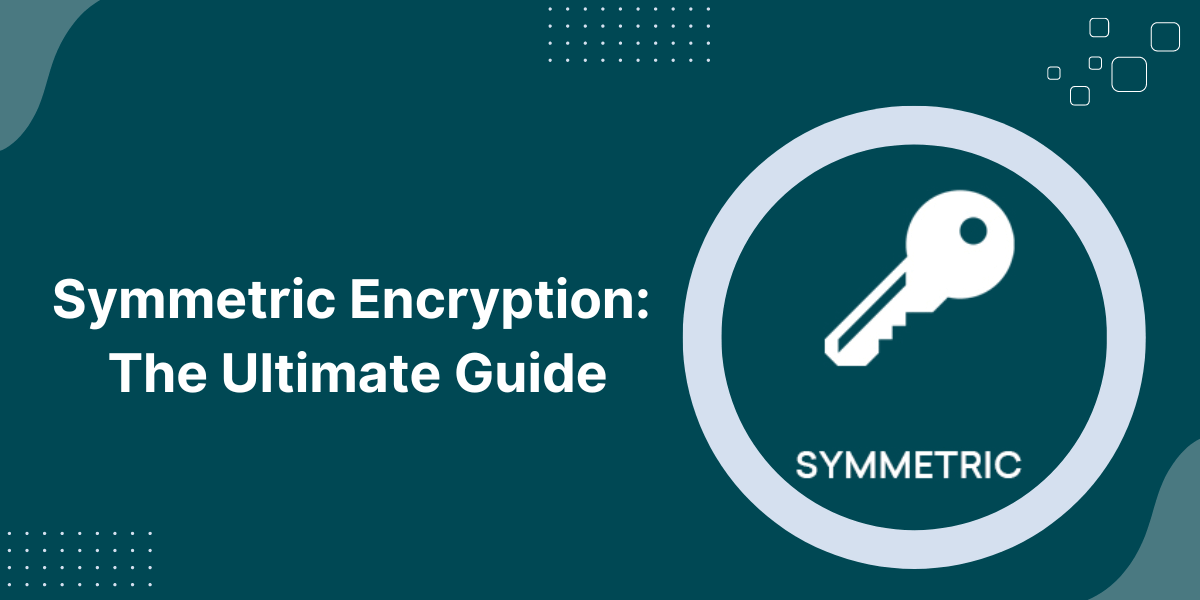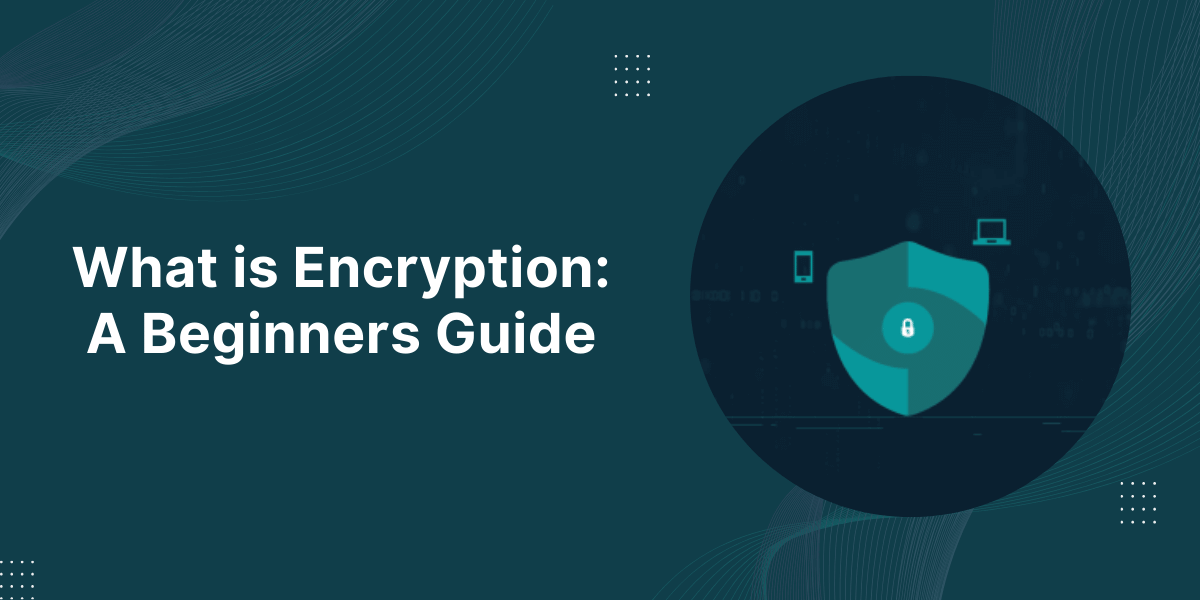PKI-as-a-Service (PKIaaS) delivers complete Public Key Infrastructure capabilities through cloud-based solutions which eliminate the need for organizations to establish and operate their own PKI systems. The managed platform of this service model provides digital certificate management and encryption and authentication services which allow enterprises to secure their digital communications and transactions at a low infrastructure cost.
What is PKI-as-a-Service
PKI-as-a-Service converts traditional PKI deployment from a complex resource-intensive infrastructure project into a streamlined cloud-delivered service. Enterprises can use cloud providers to manage their entire PKI lifecycle instead of investing in hardware software and specialized personnel for certificate authority management.
The service provides automated workflows for certificate generation distribution renewal and revocation processes. Organizations obtain enterprise-grade security features which normally need substantial capital expenditure and technical skills to deploy internally.
Core Components of PKIaaS
PKIaaS platforms consist of multiple vital components which collaborate to deliver complete certificate management.
- Certificate Authority (CA) Services: The platform features Certificate Authority (CA) Services which operate cloud-based root and intermediate certificate authorities to issue digital certificates through standard industry practices and organizational policies.
- Certificate Lifecycle Management: The automated certificate lifecycle management system handles enrollment and renewal and revocation tasks which decreases both administrative work and human mistakes.
- Policy Management Tools: Centralized configuration of certificate policies, validation rules, and approval workflows that align with organizational security requirements.
- Integration APIs: The platform provides RESTful APIs together with SDKs which allow smooth connections between applications and DevOps pipelines and enterprise systems.
- Monitoring and Analytics: The system provides real-time monitoring of certificate usage and expiration tracking and security event monitoring across the entire certificate ecosystem.
Key Benefits for Enterprise Organizations
Reduced Operational Complexity
The implementation of traditional PKI systems demands expertise in cryptography together with certificate management and security protocol knowledge. The managed services of PKIaaS eliminate operational complexity through built-in best practices. Organizations can maintain their core business objectives by avoiding the need to handle complex certificate infrastructure management.
Cost Optimization
The establishment and upkeep of internal PKI systems demands substantial initial financial outlays for hardware acquisition and software licenses and expert personnel. PKIaaS operates through a subscription model which transforms capital expenses into operational expenses while providing steady costs and removing maintenance responsibilities.
Scalability and Flexibility
Cloud-based PKI services automatically scale their operations to fulfill business requirements that change over time. PKIaaS platforms enable organizations to handle certificate issuance from hundreds to millions of certificates without needing extra infrastructure investments or capacity planning.
Enhanced Security Posture
PKIaaS providers dedicate substantial resources to security infrastructure and compliance certifications and threat protection capabilities which surpass what most organizations can achieve independently. The security framework includes physical defense mechanisms and network safeguards together with ongoing security monitoring.
Accelerated Time-to-Market
PKI capabilities become available to organizations within days or weeks instead of the extended months or years needed for traditional implementations. The accelerated deployment of security initiatives and digital transformation projects becomes possible through this method.
Enterprise Use Cases and Applications
IoT Device Security
Enterprises today operate thousands of connected devices that need secure authentication systems and communication protocols. PKIaaS provides automated certificate provisioning for IoT devices which enables secure device-to-cloud communication at large scales. Manufacturing organizations implement PKIaaS to protect their industrial IoT sensors while healthcare facilities use it to secure medical equipment and patient monitoring systems.
DevOps and CI/CD Pipeline Security
Development teams need certificates to perform code signing operations and protect containers and authenticate APIs. PKIaaS connects with DevOps tools to deliver automated certificate management for continuous integration and deployment workflows. The system prevents security from slowing down fast development processes.
Zero Trust Architecture Implementation
Zero Trust security models need strong identity verification systems along with continuous authentication mechanisms. PKIaaS delivers essential certificate infrastructure to establish device certificates and user authentication and micro-segmentation policies which build the base of Zero Trust architectures.
Regulatory Compliance
PKIaaS platforms serve industries with strict compliance needs including healthcare and finance and government by maintaining necessary certifications and audit trails. These services enable organizations to fulfill data protection standards and digital signature requirements and secure communication protocols.
Implementation Considerations
Integration Planning
The successful deployment of PKIaaS demands thorough planning for integration points with existing systems. Organizations need to evaluate their present authentication systems and application needs and network design to achieve smooth integration. The evaluation process must determine how well the system works with identity providers and certificate stores and application frameworks.
Policy Development
The successful implementation of PKIaaS depends on creating well-defined certificate policies together with established procedures. Organizations must create security policies and compliance procedures that define certificate lifespans and approval workflows and key strength requirements and revocation procedures.
Vendor Selection Criteria
Choosing the right PKIaaS provider requires evaluation of several critical factors:
| Criteria | Importance | Key Considerations |
| Security Certifications | High | FIPS 140-2, Common Criteria, SOC 2 compliance |
| Scalability | High | Certificate volume limits, API rate limits |
| Integration Capabilities | High | REST APIs, SDK availability, platform support |
| SLA Guarantees | Medium | Uptime commitments, response times |
| Geographic Coverage | Medium | Data residency, regional availability |
| Support Quality | Medium | Technical expertise, response times |
Migration Strategy
The transition of organizations from internal PKI or legacy certificate management systems requires a phased migration approach. The transition process requires organizations to operate parallel systems during transition periods while performing gradual certificate migration and extensive testing to maintain critical service continuity.
Market Trends and Statistics
Enterprise organizations plan to adopt cloud-based PKI solutions because they need to handle scalability issues and want to reduce costs according to 67% and 54% of respondents respectively. The COVID-19 pandemic sped up adoption because organizations needed to establish secure authentication systems and encrypted communication channels for remote work operations.
PKIaaS implementations in organizations decrease certificate-related incidents by 78% compared to traditional PKI systems because they provide automated lifecycle management and lower human error rates. The deployment time for internal PKI infrastructure construction takes 85% longer than using PKIaaS solutions.
Security Considerations and Best Practices
Root Key Protection
PKIaaS providers protect their keys through advanced mechanisms which include hardware security modules (HSMs) and multi-party key generation procedures. Organizations need to check that their providers store root keys in FIPS 140-2 Level 3 or higher certified HSMs while following industry best practices for key ceremonies.
Certificate Transparency and Monitoring
Leading PKIaaS platforms maintain complete certificate transparency through logging of all certificate issuance and revocation events. Organizations should establish monitoring systems to track certificate usage while detecting abnormal activities and sending alerts about upcoming expirations and security events.
Backup and Recovery Planning
Organizations need to understand PKIaaS provider backup and disaster recovery capabilities while creating their own contingency plans. Organizations need to keep offline root key backups and create written procedures for emergency certificate revocation actions.
Future Outlook and Emerging Trends
PKIaaS continues to transform through new technological developments and shifting security needs. The development of quantum computing requires organizations to implement quantum-resistant cryptography because current encryption methods will become vulnerable. PKIaaS providers now provide post-quantum cryptographic algorithms to protect certificate infrastructure against future threats.
PKIaaS platforms now use artificial intelligence and machine learning to enhance threat detection capabilities and automate policy enforcement and optimize certificate lifecycle management. Organizations can respond to security threats faster and decrease administrative work through these capabilities.
PKIaaS continues to integrate with cloud-native architectures and container orchestration platforms and serverless computing environments. The evolution of PKIaaS systems enables organizations to implement detailed security controls and automated certificate management for contemporary application architectures.
Final Thoughts
PKI-as-a-Service introduces a new approach for organizations to handle certificate management and digital security operations. Enterprise-grade security capabilities become accessible to organizations through cloud-based PKI services which eliminate the complexity and cost of traditional PKI implementations.
The combination of reduced operational overhead, improved security posture, and accelerated deployment timelines makes PKIaaS an attractive solution for organizations of all sizes. PKIaaS will become more essential for enterprise security architectures because digital transformation initiatives keep increasing the need for secure authentication and encrypted communications.
Organizations seeking to adopt PKIaaS must conduct thorough vendor assessments while developing complete integration plans and establishing clear policies to achieve maximum benefits from cloud-based certificate management. Proper implementation of PKIaaS technology enables organizations to boost their security capabilities while cutting costs and simplifying traditional PKI infrastructure complexities.

Priya Mervana
 Verified Web Security Experts
Verified Web Security Experts
Priya Mervana is working at SSLInsights.com as a web security expert with over 10 years of experience writing about encryption, SSL certificates, and online privacy. She aims to make complex security topics easily understandable for everyday internet users.



